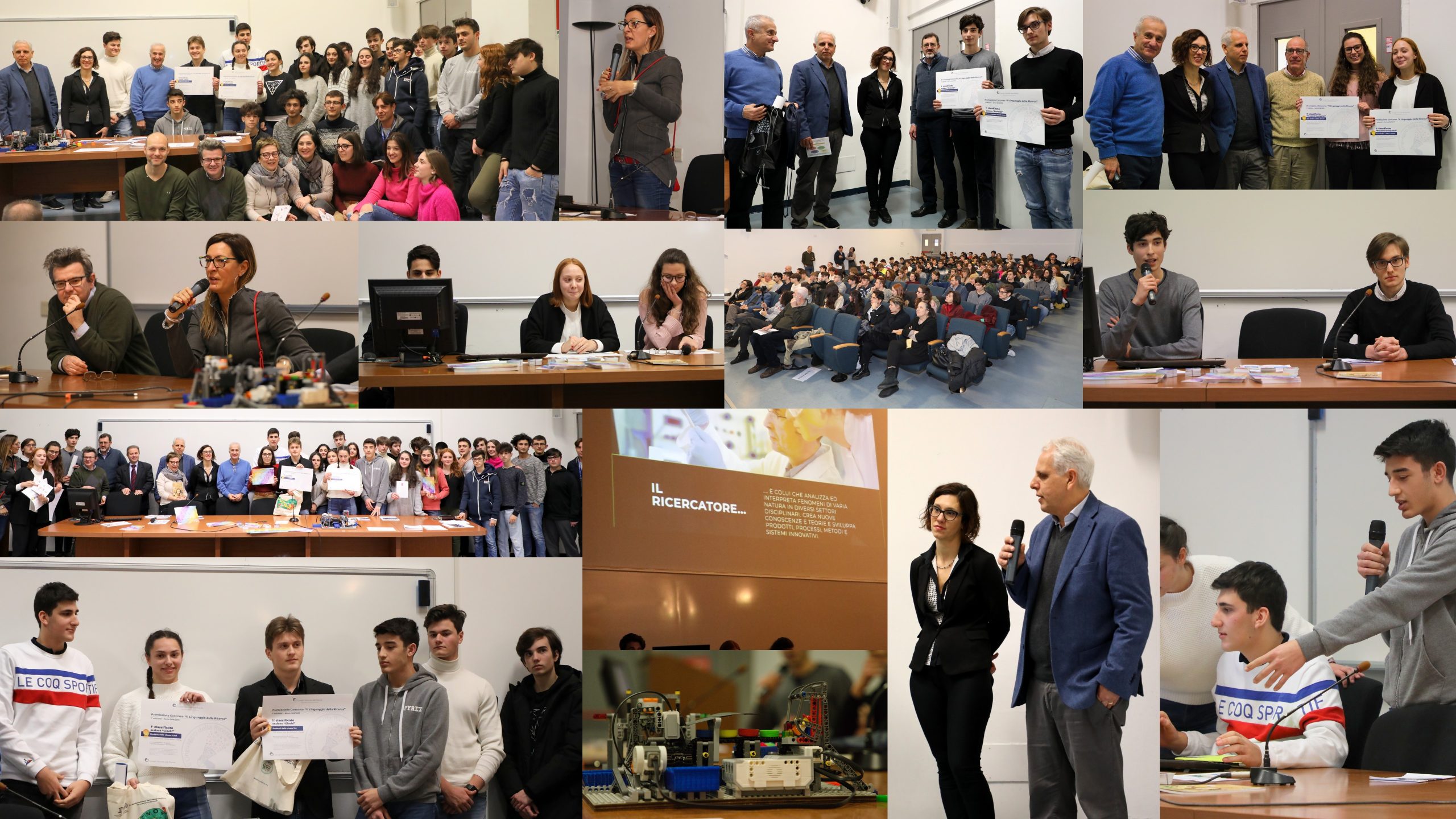PATHS FOR CROSS-SECTOR SKILLS AND ORIENTATION (PCTO)
Every year students are hosted in internships of Pathways for Transversal Skills and Orientation, PCTO, ex-Alternanza Scuola Lavoro, with the aim of encouraging the inclusion of boys and girls in an operational reality of the research world, allowing them to acquire new experiences and to enhance the skills acquired, through the comparison of some disciplines addressed in the course of study. The internship at CNR-ICCOM offers the opportunity to personally attend and / or participate in activities in the context of different disciplinary fields of chemistry.
CNR-ICCOM Pisa Activities
The training activities in Pisa refer to analytical process and environmental chemistry, catalysis, macromolecular chemistry and the study / characterization of polymeric materials, laser techniques applied to the study of cultural heritage, magnetic resonance spectroscopies. Students can directly observe how an experimental datum is born and how a research problem is planned and developed in the laboratory and are involved in consulting the databases of scientific literature and in managing the data relating to the experiences carried out. When it was possible, the internship students participated with the CNR-ICCOM researchers of the Secondary Office of Pisa in the European event Bright Night, the night of researchers, at the CNR Research Area of Pisa, with the setting up of informative and demonstration stands aimed at the public of all ages, in which they themselves, with the help of the researchers, organized interactive laboratories, showing interested parties fun experiments related to the properties of matter.
Contact:
- Dr. Emanuela Pitzalis, CNR-ICCOM Pisa.
CNR-ICCOM Florence Activities
The topics foreseen for the 2022 internships at the Florence site are:
- Chemistry and nanomagnets.
Nanotechnology, or the ability to manipulate matter at the nanometer scale (one billionth of a meter) and its integration into devices at the same scale, has raised many expectations, promising to revolutionize daily life in many areas, from health to the environment. , to green energy. The key to keeping all these promises is represented by the development of new nanomaterials with optical, electronic or magnetic properties superior to those of traditional materials. The proposed activity will be aimed at showing students how colloidal chemistry is a powerful tool for making nanomaterials with controlled physical properties. In particular, the preparation of nanometric magnets, an extremely promising class of materials for the realization of new instruments for medicine and ever smaller and more efficient electronic devices, will be addressed, and it will be shown how thanks to the aid of microscopic techniques it is now possible to control them. growth at the atomic scale.
2. Chemistry for Energy: next generation solar cells.
Some particular solar cells work like tree leaves: they transform sunlight into energy and chemically store it. Their name is DSSC (Dye Sensitized Solar Cells). During the stage, the operating mechanism of these new photovoltaic devices will be explained and sample cells will be built. Efficiency measurements will be made by evaluating the effect of different dyes, both of natural and synthetic origin, on the final performance of the cell.

Contact:
-
- Dr. Alessandro Schena, CNR-IFAC, Coordinator of Florence CNR Research Area Dissemination working group (a.schena@ifac.cnr.it).
